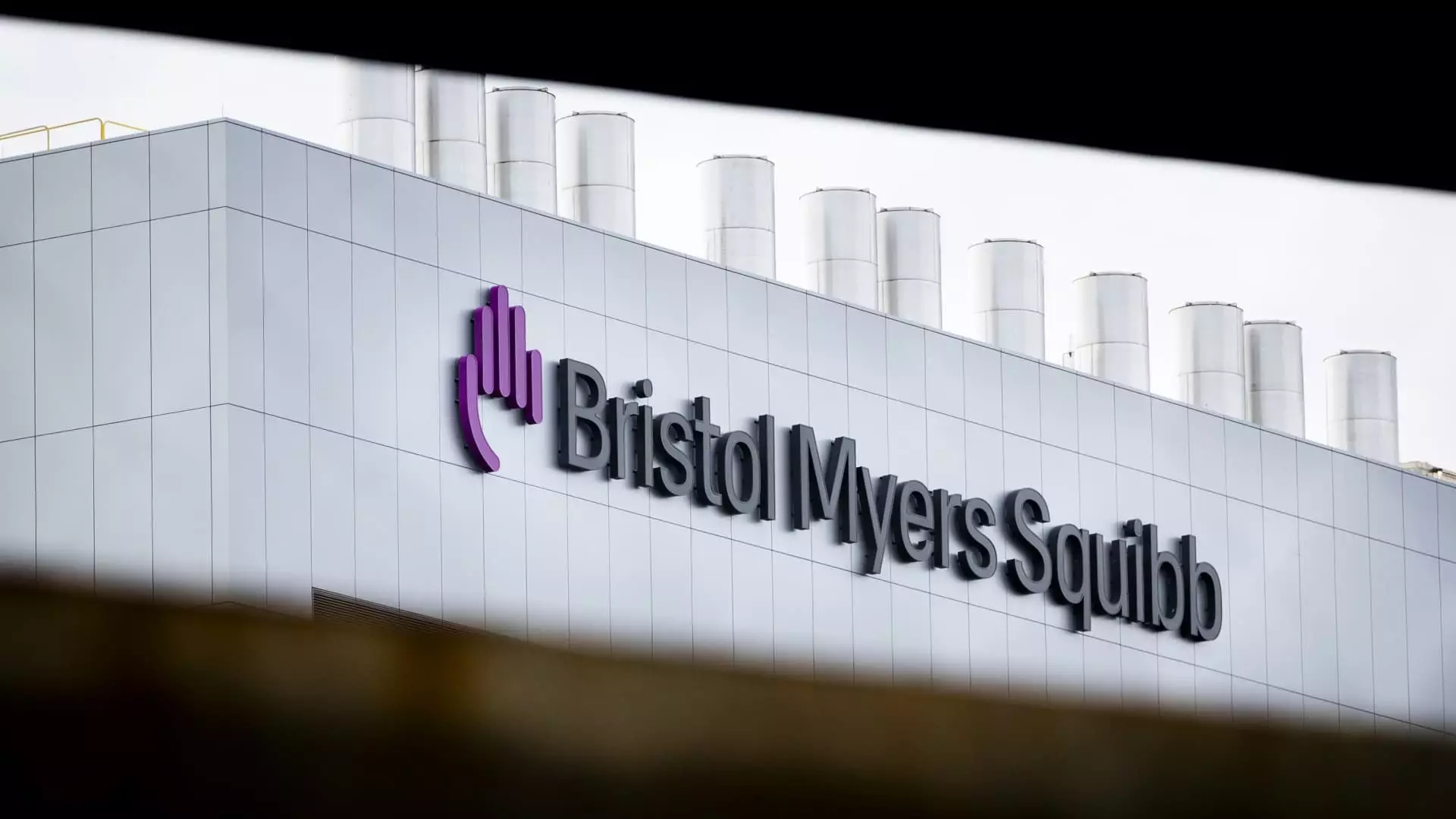Bristol Myers Squibb took a major hit during the first quarter, reporting a net loss of $11.9 billion, or $5.89 per share. This loss can be attributed to one-time charges related to recently closed deals, including its acquisition of Karuna Therapeutics and collaboration agreement with SystImmune. In response to this financial setback, the pharmaceutical company announced plans to cut costs by $1.5 billion by 2025. This cost-cutting initiative involves laying off 2,200 employees, discontinuing some drug programs, eliminating open roles, consolidating sites, and reducing management layers. The company aims to reinvest these savings into drug development efforts.
With a goal of maximizing returns and health benefits for patients, Bristol Myers Squibb is prioritizing investment in its key drug brands, optimizing operations, and focusing resources on research and development programs that offer the highest potential. The company has already discontinued around 12 drug programs and plans to evaluate others throughout the year. Chief Medical Officer Dr. Samit Hirawat reiterated the company’s commitment to streamlining operations and focusing on in-house activities to drive savings. CEO Chris Boerner emphasized the importance of disciplined execution to ensure both short-term and long-term success.
Despite the financial challenges, Bristol Myers Squibb reported first-quarter revenue of $11.87 billion, a 5% increase from the previous year. Sales growth was primarily driven by blockbuster drugs such as Eliquis, which generated $3.72 billion in revenue, up 9% from the year-ago period. Anemia drug Reblozyl and advanced melanoma treatment Opdualag also posted significant revenue growth, contributing to the positive sales performance in the quarter. However, other new drugs like Abecma fell short of Wall Street’s expectations, highlighting the uneven revenue distribution across the company’s product portfolio.
Bristol Myers Squibb is facing increasing pressure to launch new drugs and offset revenue losses from existing treatments. The company’s popular blood cancer drug Revlimid, along with Eliquis and cancer immunotherapy Opdivo, are facing competition from generic alternatives, impacting their market exclusivity and profitability. This competitive landscape has led to a decline in sales for certain drugs, such as Revlimid, which saw a 5% decrease in revenue compared to the previous year. The company’s financial outlook for 2024 has been adjusted to reflect the impact of recent deals and market dynamics, highlighting the need for strategic planning and market adaptation.
Looking ahead, Bristol Myers Squibb is bracing for potential challenges related to ongoing price negotiations with the federal Medicare program for Eliquis. The drug is expected to lose market exclusivity by 2028, posing a threat to its revenue and profitability. The company remains cautious about the impact of these negotiations on its financial performance and is preparing for potential revenue setbacks in the coming years. Despite the uncertainty surrounding certain drugs and market conditions, Bristol Myers Squibb is focused on driving growth, optimizing operations, and delivering value to its shareholders and patients.

